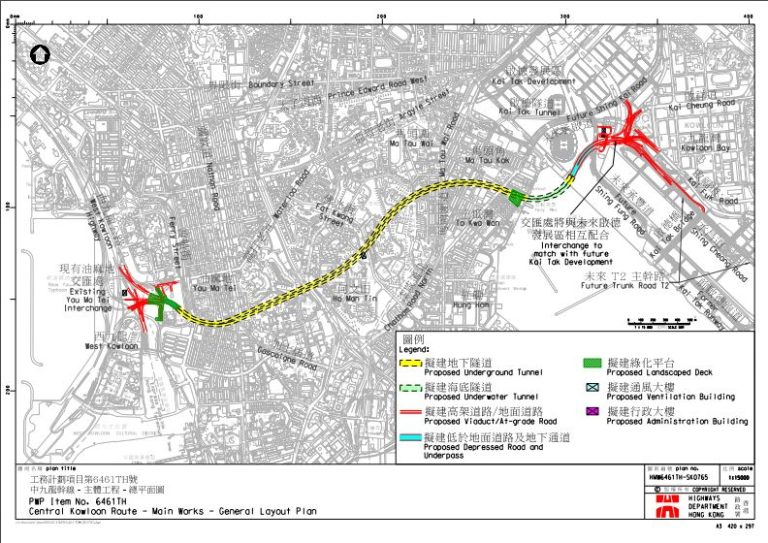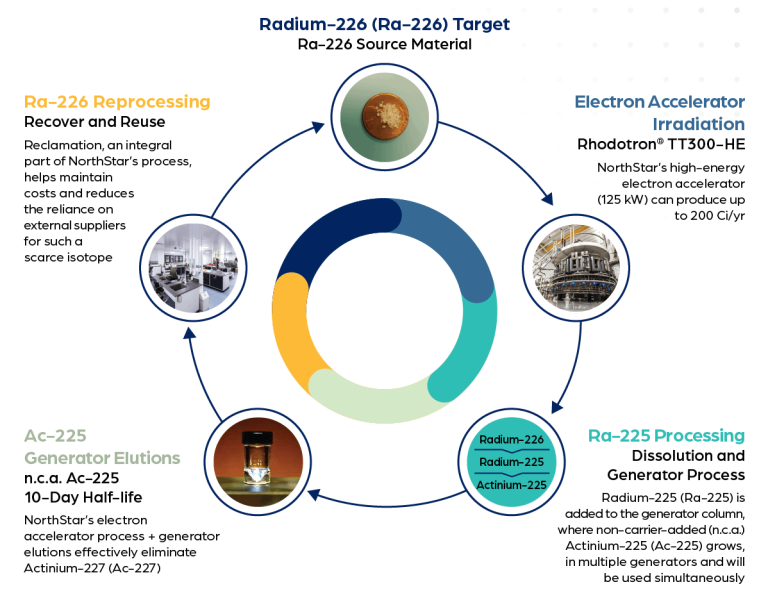Hong Kong’s workforce is bracing for a modest 2.8% salary increase in 2024, reflecting a broader trend of cautious economic growth across the Guangdong-Hong Kong-Macao Greater Bay Area (GBA). A comprehensive survey by Hong Kong Baptist University reveals nuanced insights into the region’s employment landscape, highlighting both challenges and subtle signs of stabilization.
The pay rise projection comes on the heels of a slightly lower 2.5% increase in 2023, which itself represented a decline from the previous year’s 3.5% growth. This downward trajectory isn’t isolated to Hong Kong, with neighboring Macau and Guangdong cities experiencing similar salary growth constraints, ranging between 1.6% and 1.8%.

The survey, a collaborative effort involving HKBU, South China University of Technology, and the Hong Kong People Management Association, drew data from 258 organizations representing over 240,000 employees. This extensive research provides a detailed snapshot of compensation trends in one of Asia’s most dynamic economic regions.
Perhaps most striking is the stagnation of starting salaries for university graduates. The average entry-level pay remains fixed at HK$19,500, ending a five-year period of consistent growth. Only graduates in specific sectors like information technology and finance have seen marginal increases, suggesting employers are adopting a more conservative approach to hiring and compensation.

Amidst these economic challenges, there’s a silver lining in workforce stability. Staff turnover rates have notably declined, particularly among middle-level and senior professionals. Middle-level and supervisory staff turnover dropped from 12.5% to 9.8%, while senior and managerial employee turnover fell from 9.1% to 8.3%. Researchers attribute this reduction to a stabilization in professional migration, marking the first such decline since 2018.
The survey paints a picture of cautious optimism. While salary growth remains modest, the reduction in staff turnover indicates potential improvements in workforce retention. This shift suggests that businesses in the Greater Bay Area are carefully navigating economic uncertainties, balancing competitive compensation with financial prudence.
For employees, the projected 2.8% increase offers a slight improvement, though it falls short of previous years’ growth rates. For employers, the data underscores the importance of strategic workforce management in a complex economic environment.
The Greater Bay Area continues to be a critical economic hub, and these salary trends provide valuable insights into its evolving labor market. As businesses and professionals adapt to changing economic conditions, the ability to understand and respond to these nuanced shifts becomes increasingly important.

While the salary increase may seem small, it reflects a broader economic landscape characterized by careful optimization and strategic planning. Employees and employers alike are demonstrating resilience, finding ways to maintain stability and growth despite challenging circumstances.
As the region continues to develop and integrate economically, monitoring these compensation trends will remain crucial for policymakers, businesses, and workers. The 2024 salary projections offer a glimpse into the adaptive strategies being employed across one of Asia’s most dynamic economic regions.












